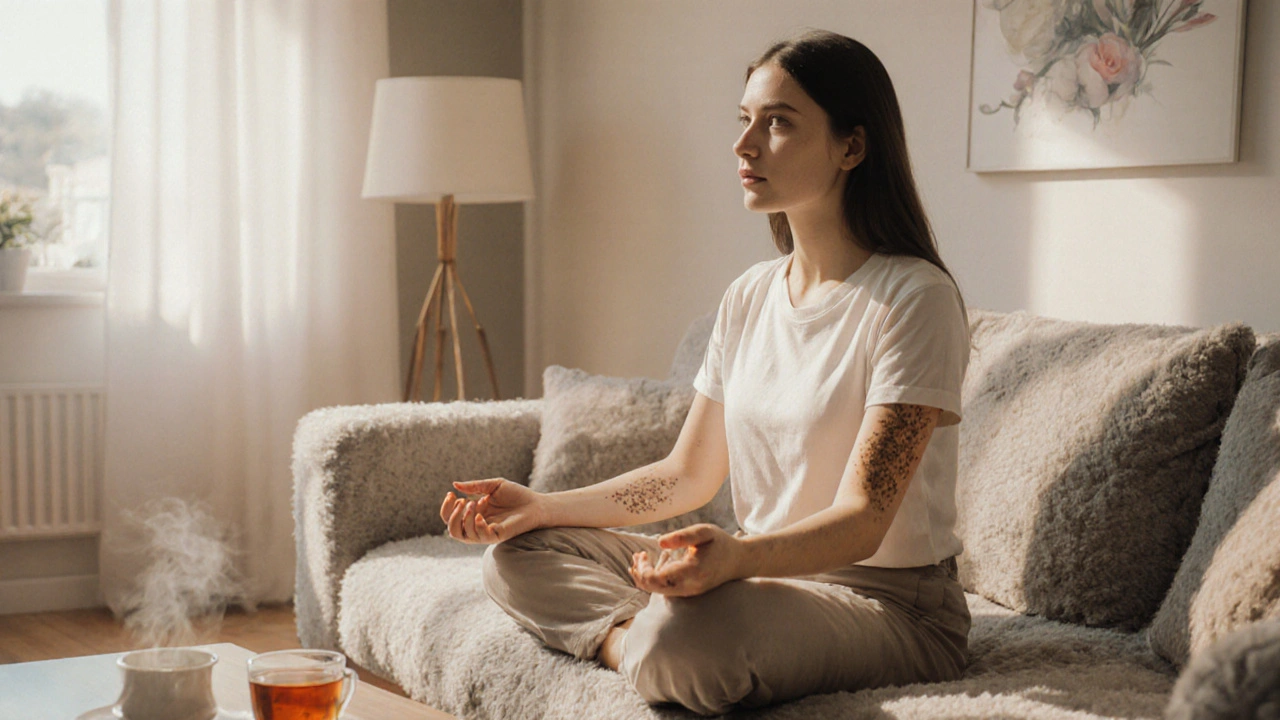
Dealing with Hives is a skin condition that produces itchy, red welts that appear and disappear suddenly can feel like a roller‑coaster, especially when the rash keeps coming back. The physical itch is only half the story-most people notice a rise in worry, frustration, or even full‑blown anxiety as the condition drags on. Below are the quickest take‑aways before we dig deeper.
- Identify common triggers and keep a symptom diary.
- Use calming techniques (mind‑body, breathing, gentle exercise) daily.
- Lean on medication only as a short‑term bridge, not a permanent fix.
- Build a support network-friends, online groups, health‑care pros.
- Know the red‑flags that signal you need professional mental‑health help.
What Exactly Are Hives and Why Do They Mess with Your Mood?
Medically, hives are also called Urticaria. They happen when Histamine and other chemicals flood the skin’s tiny blood vessels, causing fluid to leak and form the familiar raised bumps. The itch‑scratch cycle releases more stress hormones, creating a feedback loop that can amplify feelings of anxiety or helplessness.
Research from the University of Otago (2024) shows that people with chronic urticaria are 1.8times more likely to report moderate‑to‑severe anxiety compared with the general population. It’s not a coincidence-your body’s immune response and your brain’s stress centers talk to each other constantly.
How Stress, Anxiety, and Depression Show Up With Hives
When Stress spikes, the adrenal glands pump cortisol and adrenaline. Those hormones can increase vascular permeability, giving histamine a freer ride and making welts flare faster. If you’re already on edge, the skin’s reaction may feel like a personal attack.
Typical emotional signs to watch for include:
- A persistent feeling of dread when you notice a new hive.
- Racing thoughts about “what’s next?” or “why can’t I control this?”
- Sleep disturbances-either tossing and turning or sleeping too much.
- Loss of interest in activities you once enjoyed.
If any of these symptoms linger for more than three weeks, you might be sliding into Depression or an anxiety disorder. Both conditions can, in turn, worsen the hive flare‑ups, so breaking the cycle early is key.
Medication: Helpful, But Not a Magic Fix
First‑line treatment usually involves non‑sedating Antihistamines. They block histamine receptors and can reduce both itch and the emotional irritation that follows. However, long‑term reliance may lead to tolerance, where the drug’s effect wanes over time.
When over‑the‑counter options fall short, a doctor might prescribe a short burst of oral corticosteroids or a newer biologic that targets specific immune pathways. These are powerful tools, but they come with side‑effects like mood swings or insomnia-so they should be paired with non‑pharmaceutical coping methods.
Mind‑Body Strategies That Really Work
Many people find that calming the nervous system eases both skin and mind. Below are three evidence‑based approaches:
- Mindfulness meditation: A daily 10‑minute guided session can lower cortisol by up to 30% (Harvard Health, 2023).
- Cognitive‑Behavioral Therapy (CBT): Works on the thought patterns that amplify itch‑related anxiety. Studies show a 40% reduction in symptom‑related stress after 8 weeks.
- Gentle aerobic activity: Walking, swimming, or yoga improves circulation and releases endorphins, which naturally counteract histamine spikes.
Lifestyle Tweaks That Reduce Flare‑Ups
Small daily habits can make a big difference:
- Keep a symptom diary. Note foods, weather, stress events, and medication timing. Patterns often emerge after a week or two.
- Stay hydrated-water helps flush excess histamine.
- Avoid known triggers: spicy foods, alcohol, extreme temperatures, and tight clothing.
- Prioritize sleep hygiene: aim for 7-9 hours, keep the bedroom cool, and limit screens before bed.
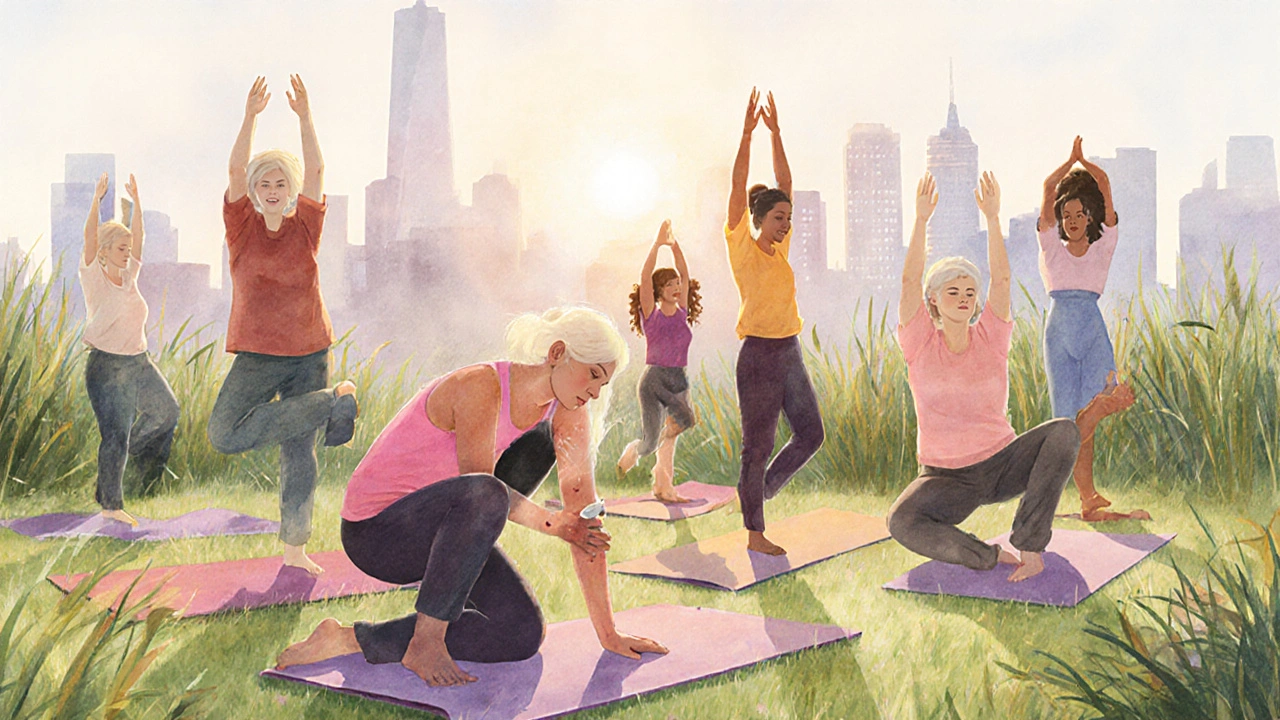
Building a Support System
Isolation magnifies anxiety. Reach out in three ways:
- Talk to a trusted friend or family member about how the hives affect you emotionally.
- Join an online Support Group for chronic urticaria. Peer stories often contain practical trigger‑avoidance tips you won’t find elsewhere.
- Schedule regular check‑ins with your dermatologist and a mental‑health professional. Coordinated care ensures medication adjustments align with your emotional wellbeing.
When to Call in the Pros
If you notice any of the following, it’s time to seek professional help:
- Welts that last longer than 24hours or cover more than 20% of your body.
- Sudden swelling of the face, lips, or throat-possible anaphylaxis.
- Persistent feelings of hopelessness, panic attacks, or thoughts of self‑harm.
Emergency departments can treat severe reactions, while a psychologist or counselor can help you develop coping tools for chronic stress.
Quick Comparison of Common Coping Approaches
| Approach | How It Works | Typical Benefits | Potential Drawbacks |
|---|---|---|---|
| Medication (Antihistamines) | Blocks histamine receptors | Rapid itch relief, easy to use | Tolerance, possible drowsiness |
| Mindfulness | Reduces cortisol, trains attention | Improves mood, lowers flare frequency | Requires daily practice, initial learning curve |
| CBT | Reframes anxiety‑driven thoughts | Long‑term anxiety reduction, empowers self‑management | May need several weeks, cost varies |
| Lifestyle Changes | Optimizes sleep, hydration, trigger avoidance | Broad health boost, low cost | Requires consistent habit‑building |
Checklist: Daily Actions to Keep the Emotional Toll Low
- Take antihistamine as prescribed (if needed).
- Spend 10 minutes on mindfulness or deep‑breathing.
- Log any new hives, foods, or stress events.
- Move your body-short walk or gentle stretch.
- Check in with a friend or online community.
- Review your sleep quality before bed.
- Plan a weekly “stress‑free” activity you enjoy.
Frequently Asked Questions
Can stress really cause hives, or is it just a coincidence?
Stress triggers the release of cortisol and adrenaline, which can increase the permeability of blood vessels and let histamine seep into the skin faster. In many people, a stressful event is followed by a flare‑up within hours, so the link is more than coincidental.
Are antihistamines safe to use long‑term?
Most non‑sedating antihistamines are considered safe for extended use, but tolerance can develop. It’s best to rotate with a doctor’s guidance and combine them with lifestyle strategies to avoid over‑reliance.
How quickly can mindfulness reduce hive‑related anxiety?
Even a short 10‑minute session can lower cortisol by about 30% within a week, which often translates to fewer flare‑ups and a calmer mind. Consistency is key-daily practice yields the best results.
When should I consider seeing a therapist?
If anxiety or low mood lasts longer than three weeks, interferes with work or relationships, or you notice panic attacks, it’s a clear sign to book a mental‑health appointment. Early intervention prevents the emotional cycle from deepening.
Do diet changes really help with chronic hives?
For some people, specific foods-like dairy, nuts, or high‑histamine items-can act as triggers. An elimination diet under a dietitian’s supervision can pinpoint culprits, and cutting them out often reduces both physical and emotional flare‑ups.


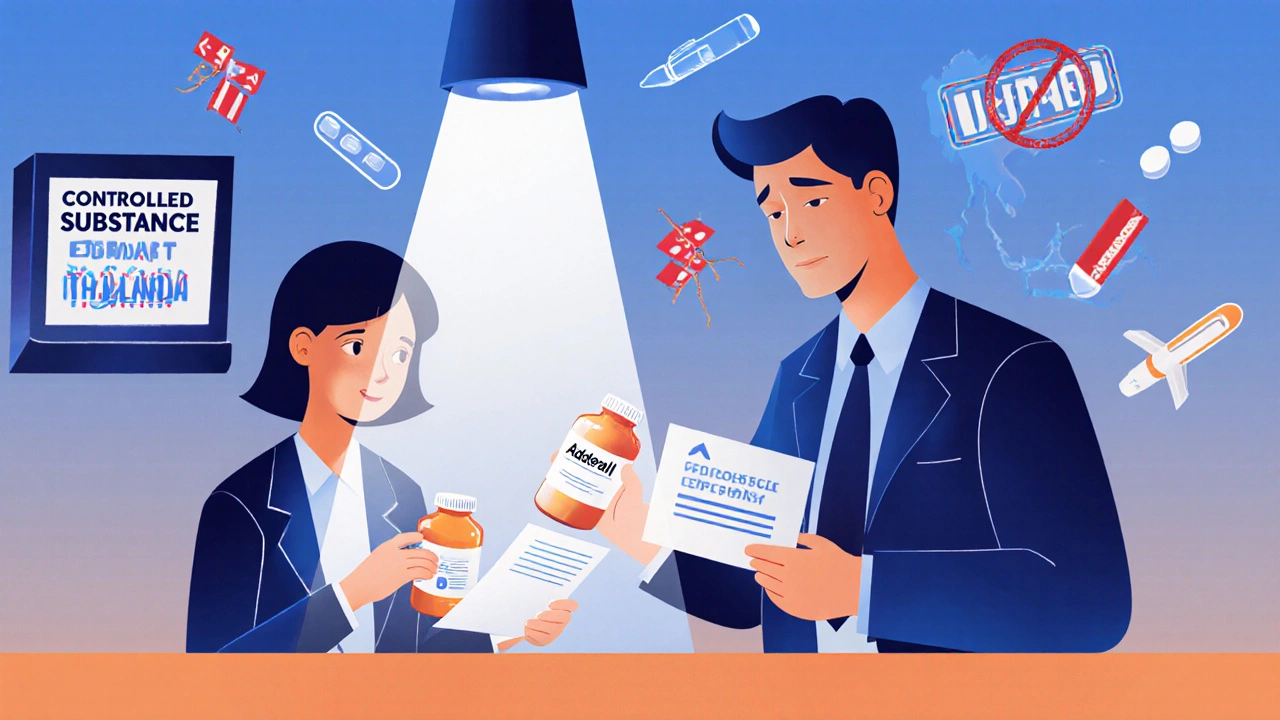
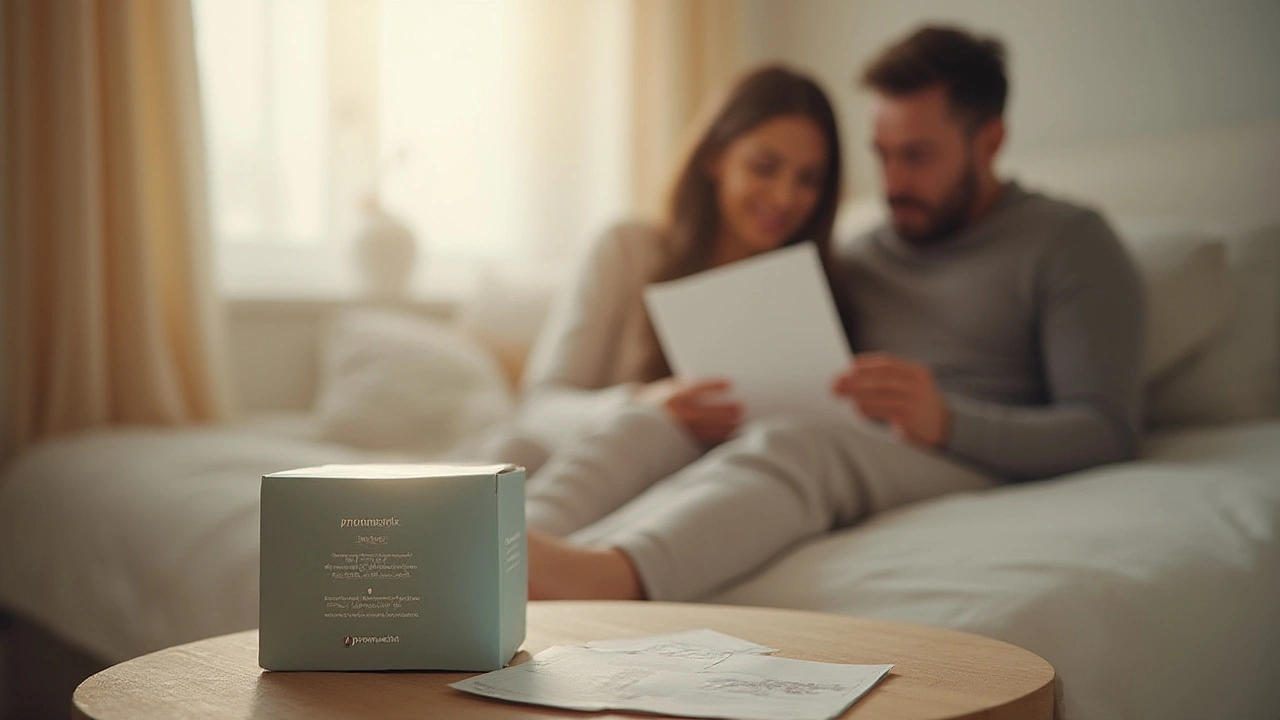
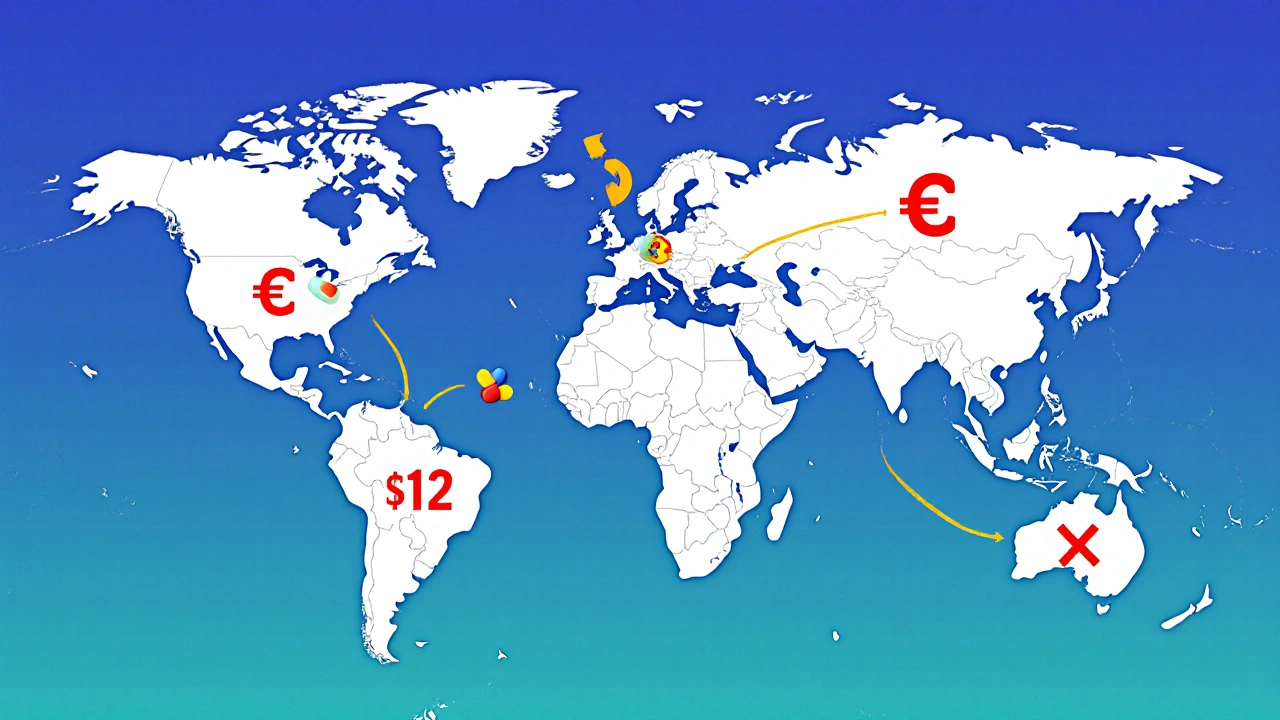

Pradeep Meena
September 29, 2025 AT 14:28Hives are just a sign your body is weak. In India we dont need fancy meditation or therapy. We just endure. My uncle had hives for 12 years and he never saw a therapist. He drank neem juice and worked 16 hours a day. That's real strength. Stop being soft.
Rishabh Jaiswal
September 29, 2025 AT 18:59u guys r so dumb its not even funny. hives are caused by gluten and 5G signals. i read it on a blog in 2018. i stopped eating bread and my hives vanished. also you should all take magnesium. its the real cure. ps: i dont trust doctors they are all paid by big pharma. also why are you all so obsessed with mindfulness? just breathe and stop overthinking. i did it in 3 days. lol.
May Zone skelah
September 29, 2025 AT 20:11Oh my god, I'm just stunned. This article is so profoundly insightful, it's almost like someone finally understood the existential weight of chronic urticaria as a metaphysical manifestation of repressed trauma in late-stage capitalist society. I mean, have you considered that the hives are not just histamine, but a somatic cry for authenticity? I've been journaling with moon phases and crystal grids for six months now, and my flare-ups have transformed into sacred alchemical rituals. I even commissioned a sound bath composed of Tibetan bowls tuned to 432Hz - it's not just healing, it's transcendence. Honestly, if you're still relying on antihistamines, you're missing the entire cosmic point.
Dale Yu
September 29, 2025 AT 21:51Stop lying to yourselves. You think meditation helps? It's all placebo. The real issue is your weak immune system because you're all scared of life. You sit there breathing and meditating while your body rots from stress. I had hives for two years. I stopped caring. I drank whiskey. I slept with the lights on. I didn't care if I died. And guess what? The hives went away. Your mind is the problem. Not your diet. Not your stress. You're just weak. Stop pretending you need therapy. Just toughen up. That's it.
Kshitij Nim
September 30, 2025 AT 00:29Pradeep and Dale, I get where you're coming from - but this isn't about toughness or weakness. This is about science and sustainability. I've been managing chronic hives for 7 years. I tried ignoring it. I tried pushing through. Neither worked. What did? Tracking triggers, daily walks, and talking to a therapist who actually knew what she was doing. You don't have to be a meditation guru. Just show up. One day at a time. The diary doesn't have to be perfect. Just write down what you ate and how you felt. That's it. Small steps. No drama. Just progress. You got this.
Scott Horvath
September 30, 2025 AT 06:16Just wanted to say thank you for this post. Seriously. I've had hives for 3 years and I felt so alone until I found this. I don't do all the things all the time. Some days I just take the pill and cry. Other days I walk around the block and breathe. That's enough. You don't have to be perfect. You just have to keep trying. And if you're reading this and you're struggling - you're not broken. You're human. We're all just trying to survive our own skin. ❤️